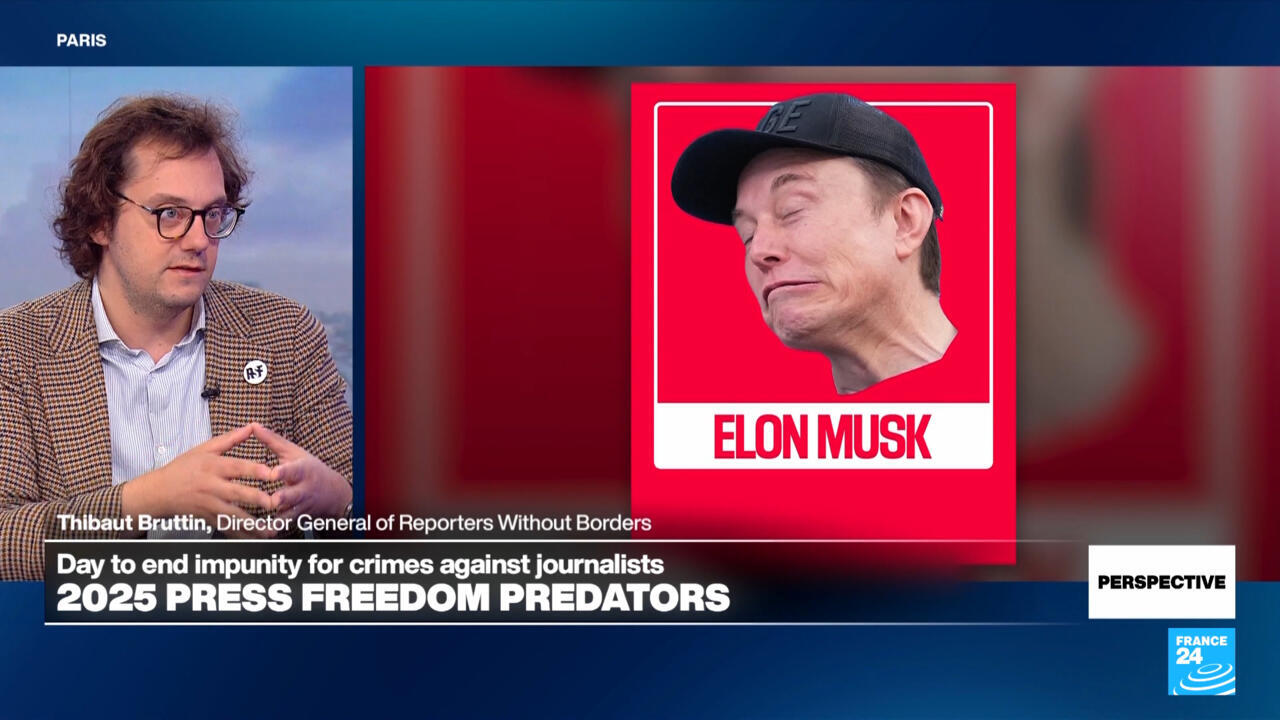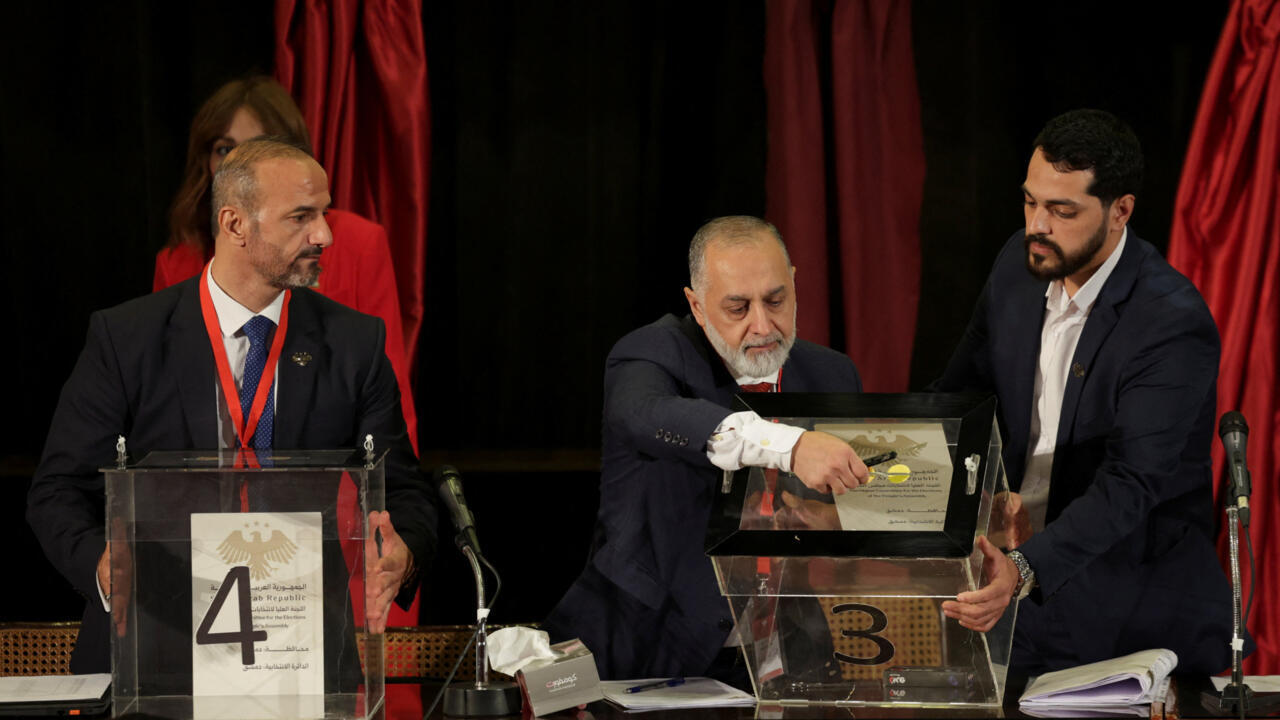
In a decision that has once again sparked debate, Venezuelan opposition leader María Corina Machado won the 2025 Nobel Peace Prize for her work to bring peaceful and democratic change to Venezuela.The Norwegian Nobel Committee lauded her as a "key unifying figure" in the opposition, advocating for free elections and representative government.
However, her ties to US foreign policy and controversial political stances have led some to question whether the prize serves as a tool for promoting Western ideological interests.
Fire on Obama?
Machado's award follows a pattern of Nobel Peace Prizes granted to individuals whose actions have been closely aligned with Western geopolitical agendas. In 2009, US President Barack Obama received the prize for his "extraordinary efforts to strengthen international diplomacy and cooperation between peoples," despite having been in office for less than a year.
Critics argued that the award was premature and politically motivated, as Obama had yet to achieve significant diplomatic successes.
Where does Machado stand on the political graph?
Machado's political career has been marked by her staunch opposition to the Venezuelan government and her advocacy for foreign intervention. She has openly supported US sanctions against Venezuela and has called for international intervention to remove President Nicolás Maduro from power.
Additionally, Machado has been associated with Israel’s ruling Likud party, led by Prime Minister Benjamin Netanyahu. In 2020, she signed a “Partisan Agreement” with the party. This association has raised concerns about her commitment to democratic principles and whether her actions are more aligned with Western and Israeli strategic interests than Venezuela’s own democratic goals.
The Nobel Committee's rationale
The Nobel Committee justified its decision by clarifying that Machado's role in unifying the Venezuelan opposition and her efforts to promote democratic rights.
Committee chair Jørgen Watne Frydnes described her as "one of the most extraordinary examples of civilian courage in Latin America in recent times." However, the committee’s statement also mentioned the rise of authoritarianism around the world, linking Venezuela’s situation to this broader trend. It suggested that the award was meant to promote peaceful democratic efforts rather than violent or military actions.
A history of failed awards?
The Nobel Peace Prize has a history of allegedly awarding individuals whose actions have been controversial or aligned with Western interests. In 1973, US secretary of state Henry Kissinger received the prize despite his involvement in the Vietnam War and other military interventions. Similarly, in 1994, Israeli Prime Minister Yitzhak Rabin and Palestinian leader Yasser Arafat were awarded the prize for their roles in the Oslo Accords, even though the peace process ultimately collapsed.
Other recognitions
However, not all peace laureates have been linked to Western ideology. Muhammad Yunus won in 2006 for microfinance in Bangladesh. Malala Yousafzai and Kailash Satyarthi were honoured in 2014 for fighting child labour. Denis Mukwege and Nadia Murad won in 2018 for tackling sexual violence in war zones. Ales Bialiatski and others in 2022 were recognised for defending civil society under authoritarian rule.

 3 weeks ago
14
3 weeks ago
14










 English (US) ·
English (US) ·